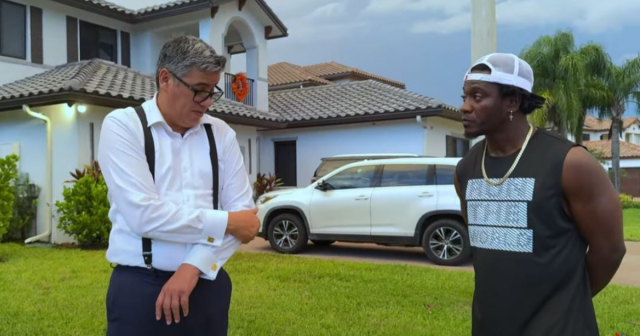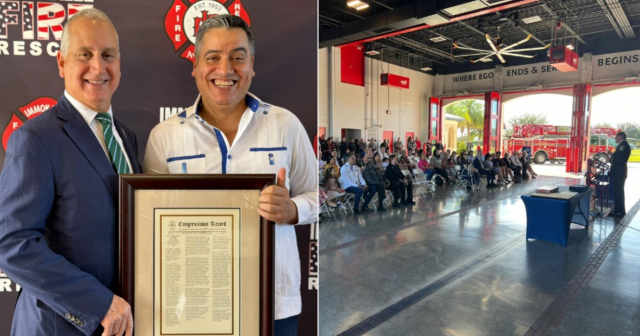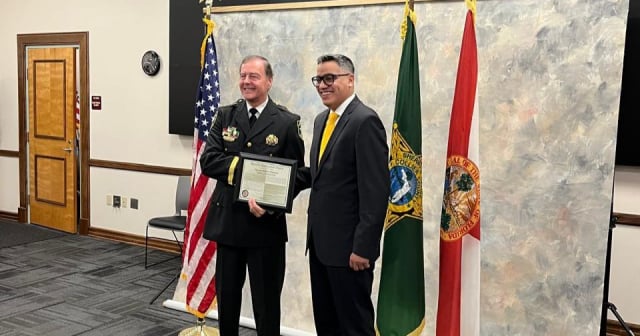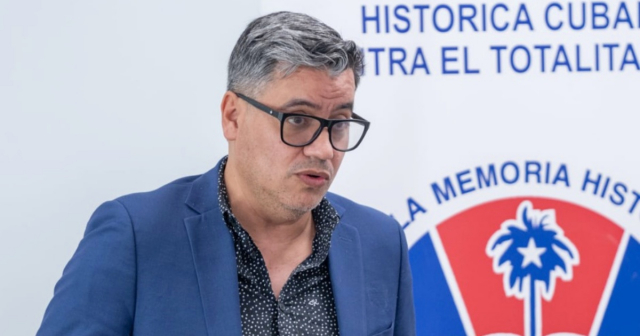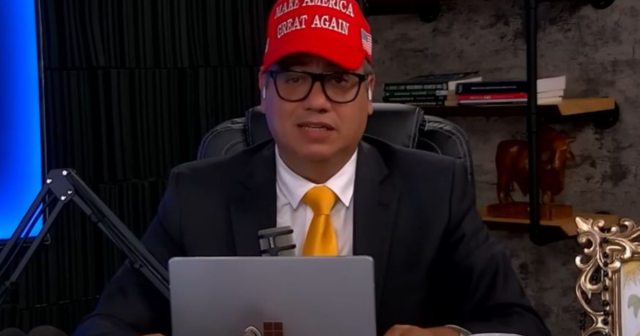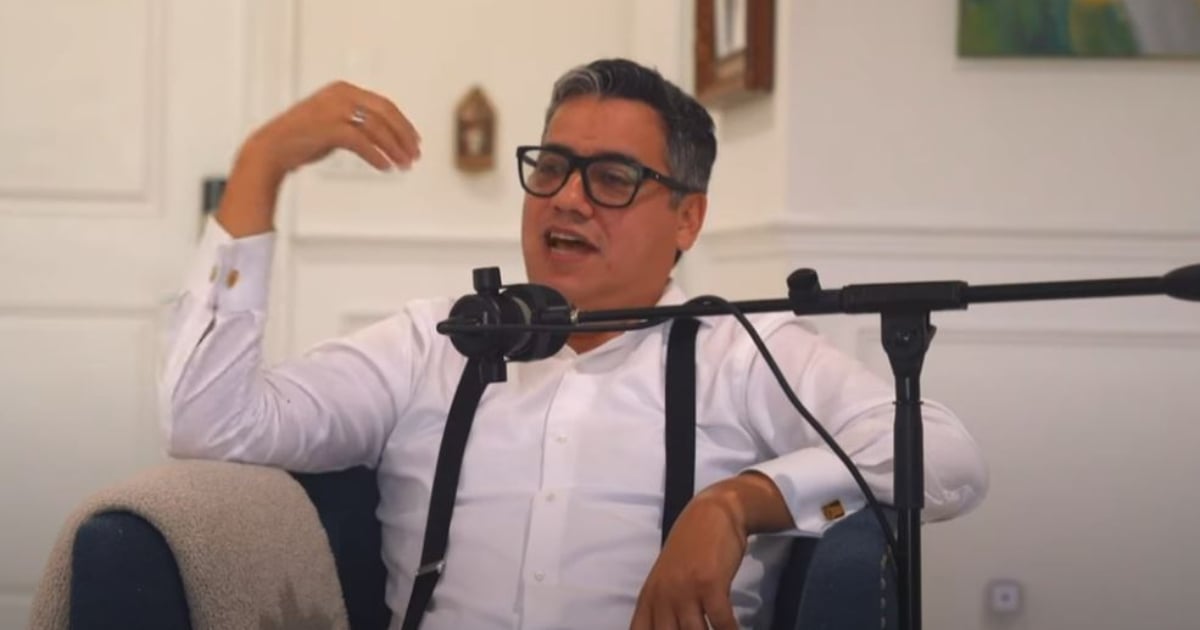
The Cuban opposition figure and influencer Manuel Milanés criticized the behavior of many Cuban YouTubers and content creators during the events of July 11, 2021, when thousands of Cubans took to the streets to demand freedom.
Recalling the protests of July 11, Milanés emphasized the lack of coordinated action that promised tangible support. According to him, while many Cubans take risks and are imprisoned, those who incite remain in a comfortable position, failing to carry out the plans they promote.
"July 11 has come and gone, and we didn’t go; the boats didn’t set sail. That’s the reality. You have to be realistic. I have voice notes: 'Manuel, we’re already out; where are you?'” the influencer recounted on the YouTube program "Destino Tolk," hosted by Dominican YouTuber Dany Pérez and Fernan.
Milanés emphasized that this attitude is "nonsense" and labeled the stance of those calling for mobilization without accompanying it with concrete actions as "irresponsible," accusing them of sending "people to the slaughterhouse."
"Because that's where the error in the message lies: 'You all go out, and we will support you.' That's nonsense. You're sending people to the slaughter, and then you won't go out at all. You are being irresponsible," emphasized the Cuban resident in the United States.
He also firmly stated that "half of the Cubans who are imprisoned are there because of people who said, 'come out, we support you,'" referring to calls that incite protest without backing.
Milanés's statements reflect the tensions expressed between Cuban opponents and those content creators who are aiming for a generation of effective changes in Cuba.
At another point in the interview, Milanés stated that the tension among Cuban influencers is partly exacerbated by the Cuban dictatorship. According to him, it is the regime that "fosters all of this, sending messages to one and then to another. That's what the tyranny does to pit us against each other."
He also asserted that there is "a lot of ego and a strong desire for views, so as soon as you come out with something that is working, they want to shut it down because it overshadows theirs. In other words, there are many factors that disconnect you from a genuine desire to do something for Cuba."
The repressive context on the island is particularly framed by Milanés's statements, as many citizens face imprisonment for their activism.
In this particular case, he focused on the Cuban YouTuber Otaola, questioning his complete dedication to the cause of Cuba's freedom, especially considering the numerous advertisements featured in his program.
"If the daily content revolves around discussing the dictatorship, and in just one minute of the program you have 40 ads running, there is a danger that you might be more motivated by the money generated from what you're doing than by the idea of a free Cuba," he argued.
Manuel Milanés is one of the names that the Cuban regime included in its national list of terrorists, which it claimed to have submitted to Interpol in January of this year.
Milanés has used his social media platforms to denounce human rights violations in Cuba and to support protest movements, which the Cuban government claims justifies his inclusion on this list as an attempt to discredit and criminalize his activism.
What do you think?
COMMENTFiled under:

